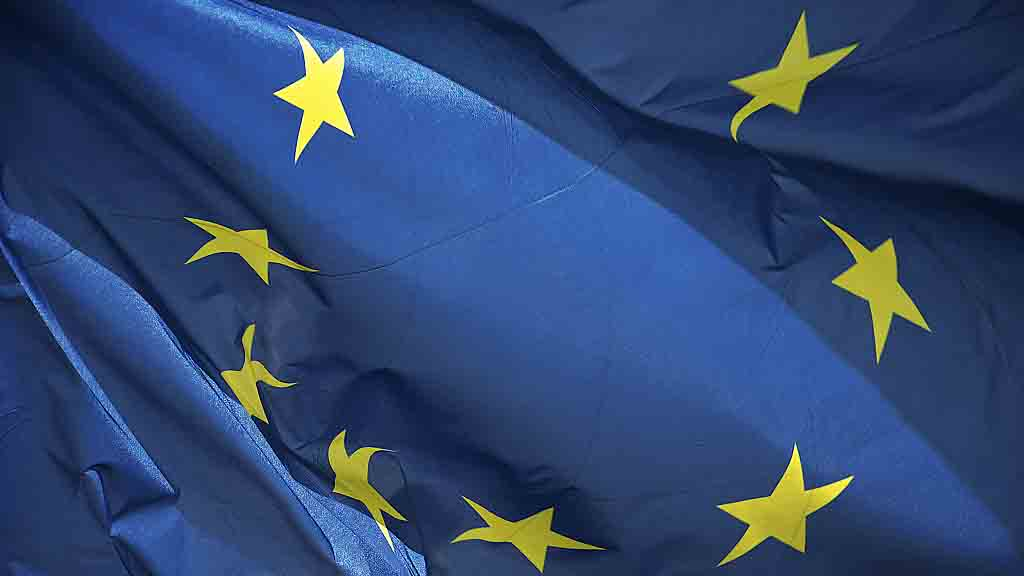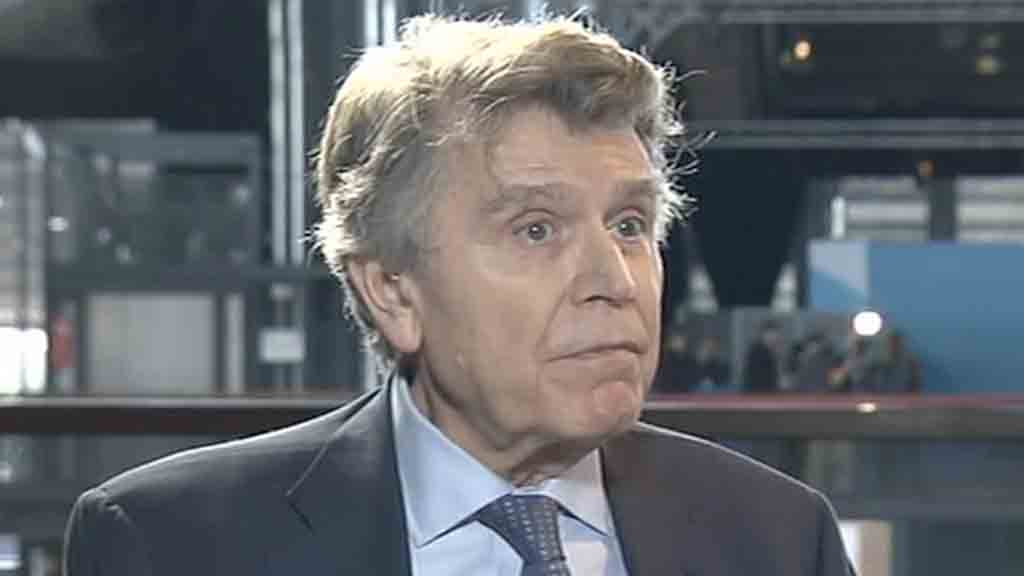01:43

The past few months have seen more high-level exchanges between Chinese and European leaders as trade friction between China and the U.S. casts a shadow on the prospects of globalization and co-prosperity.
Where does Europe stand in light of the growing rivalry between Beijing and Washington? Will the principle of multilateralism be protected? Can the rise of China be peaceful from a European perspective, and how should the complicated ties between Russia and the EU be characterized?
Two French scholars spoke to CGTN Dialogue during the second Paris Peace Forum, sharing their visions on these issues.
Pascal Boniface, founding director of the French Institute for International and Strategic Affairs, said Europe will not take sides between China and the U.S., and there will be no winner in any trade war.
He agreed with French President Emmanuel Macron's recent remarks on NATO. Macron suggested earlier that NATO is experiencing a "brain death," and warned European members not to rely on the U.S., but to reconsider Europe as a "geopolitical power" that's "in control of its own destiny".
Boniface pointed out that although he's been criticized a lot, Macron is a loyal follower to Gaullism. "It's a policy defined by De Gaulle first, and ends by Mitterrand after. It's a position in which France is an ally, but doesn't align on U.S. policy... And as we're a nuclear power during the Cold War, we do not need the U.S. nuclear umbrella... and that has created a very independent French position," Boniface said.
01:13

Thierry De Montbrial, executive chairman of the French Research Institute of International Relations, expressed his concerns over EU-U.S. and EU-Russia ties.
He said Europe has to reconstruct a new "security structure," and "recreating confidence and trust with Russia" comes first, as Macron said earlier that "the European continent will never be stable, will never be secure, if we do not ease and clarify our relations with Russia."
Montbrial believes that although Russia-China relations have been in the spotlight during the recent decade, the connection between Europe and Russia is much closer geographically and culturally.
"Geographically speaking, the future of Russia is more towards the West (Europe) than towards the East, culturally it is the same, the vast majority of the Russia population feels Europeans culturally, not Asian," he said, adding that "Russia has two feet, with one in Europe and one in Asia. But the European leg is stronger and bigger."
He also commented on the U.S.'s irresponsible act of withdrawing from the Intermediate-Range Nuclear Forces Treaty with Russia, which will create an opening for a dangerous arms race in the future.
"The United States is less interested in Europe, and more interested in Asia… This is why it's important, I think, for Europe to recreate some sense of common destiny with Russia," Montbrial said.
Dialogue with Yang Rui is a prime time daily English talk show on CGTN. The 30-minute talk show covers a wide range of domestic and international topics, providing a balanced and critical perspective on current affairs and analysis within the framework of cross-cultural and multi-disciplinary comparisons.
Schedule: Monday-Sunday
Time (GMT): 0330, 1130, 1930
(If you want to contribute and have specific expertise, please contact us at opinions@cgtn.com.)